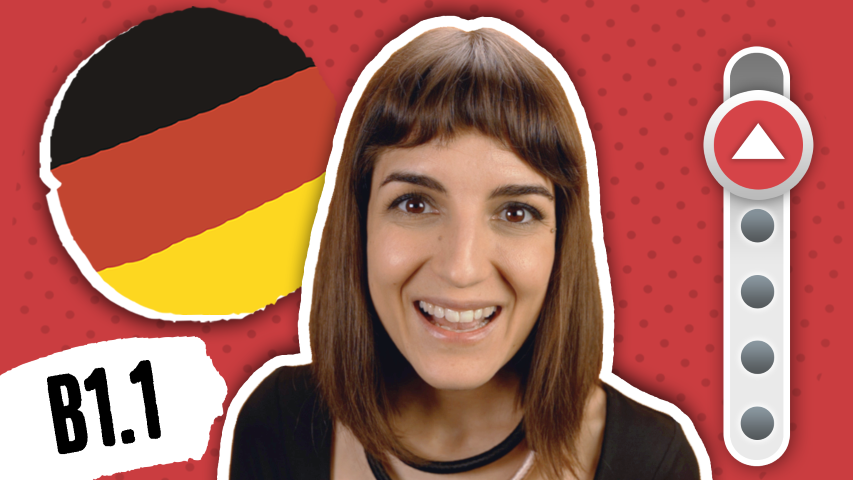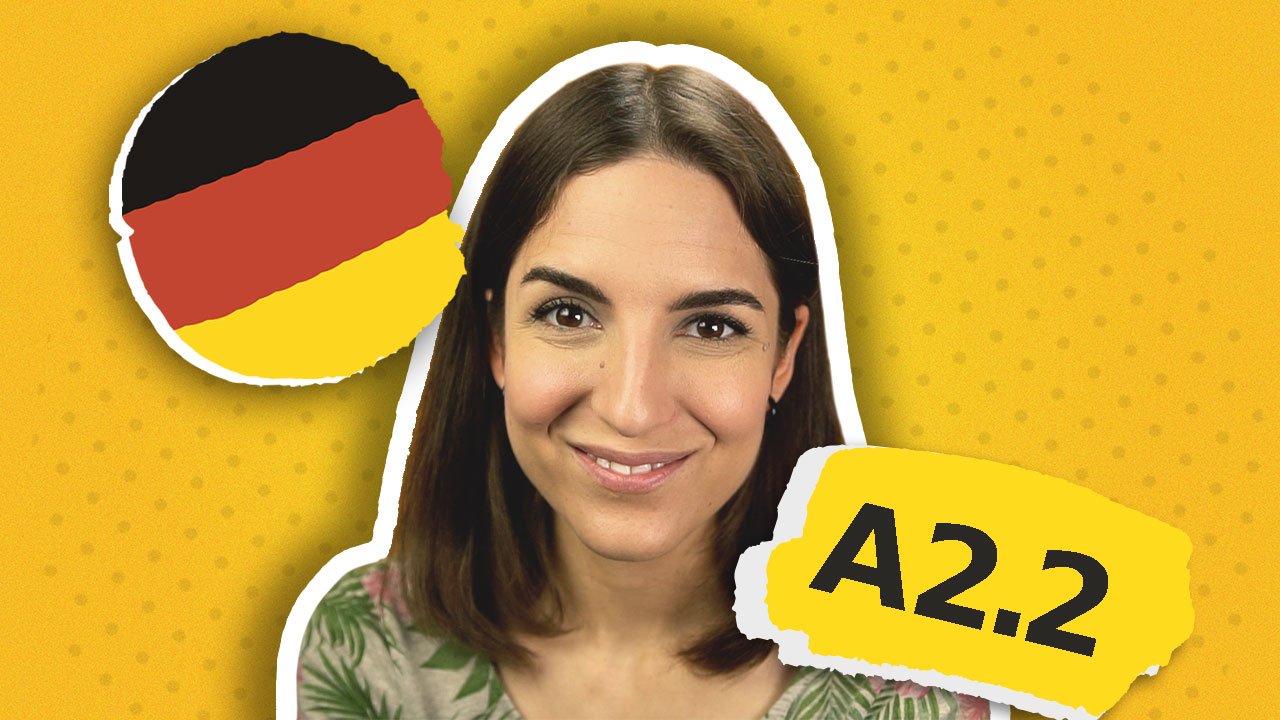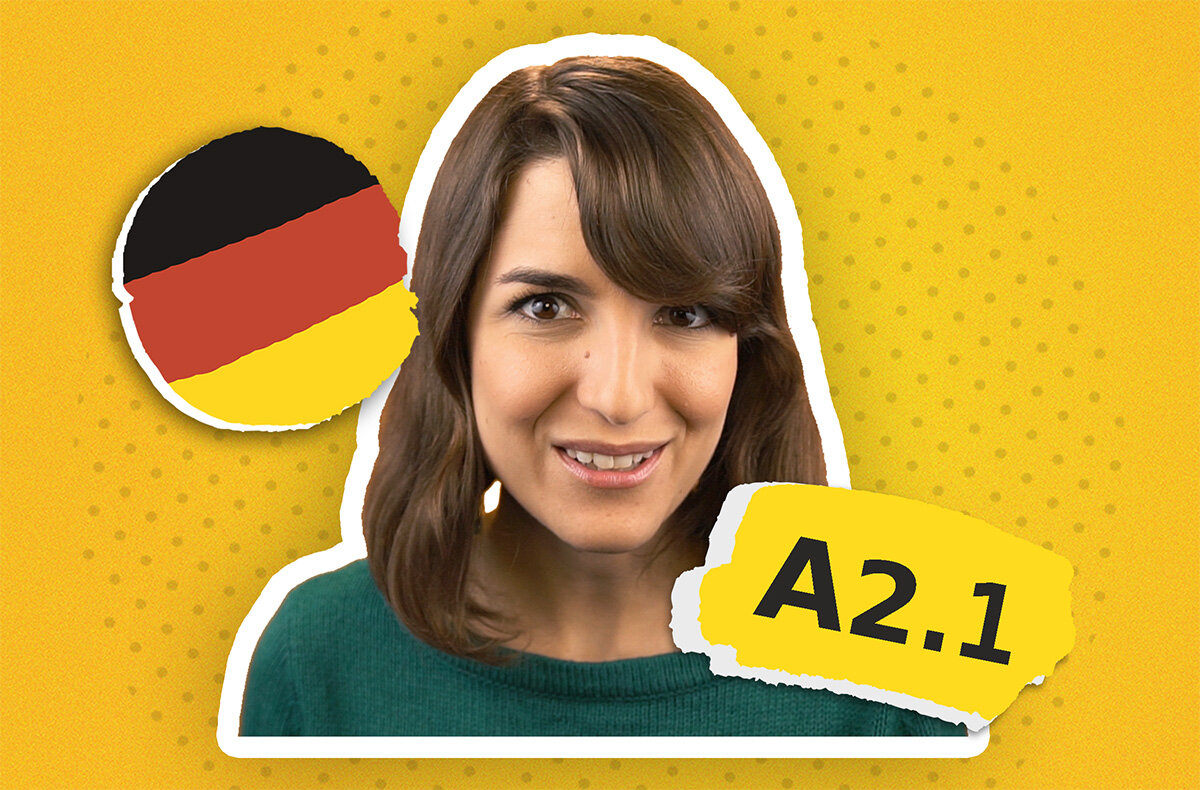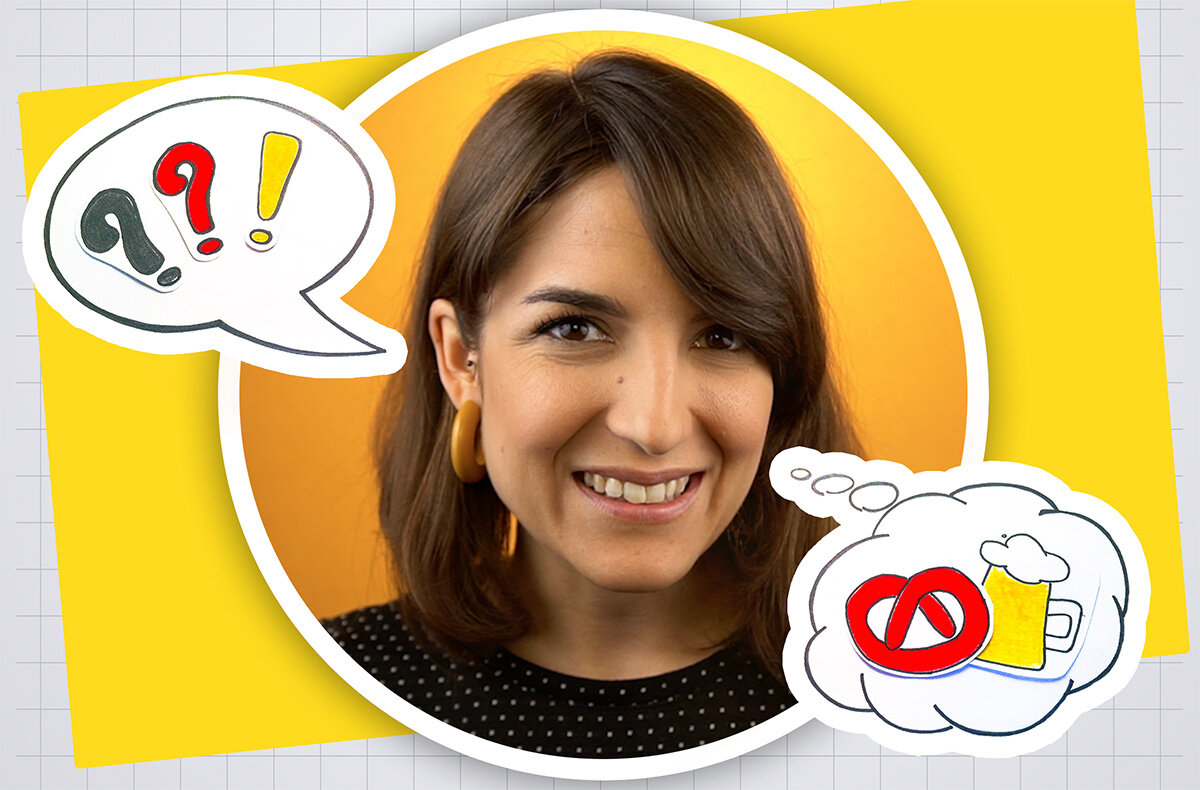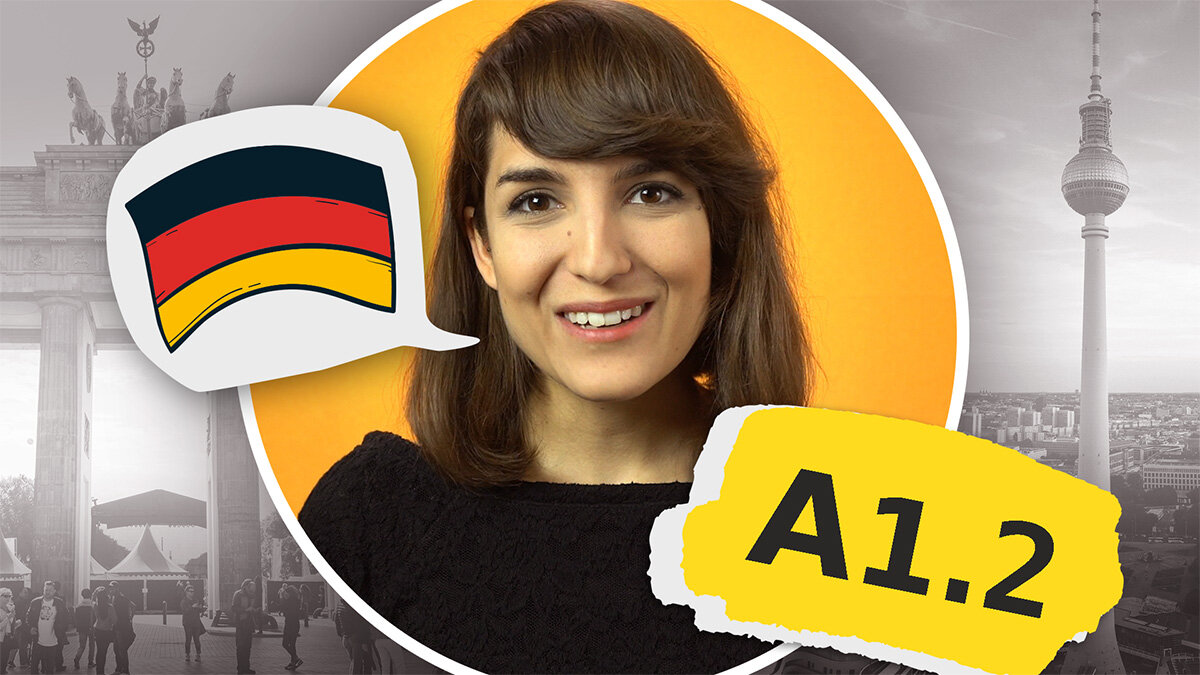Guten Tag, guten Morgen, guten Abend – Vocabulary
Cody is trying out the newest technology
Learning a foreign language using a virtual reality headset. As he is planning to open a small shop in Berlin, he is currently learning German. However, he seems to struggle with German greetings. He always forgets which one he is supposed to use in the morning, which one in the afternoon, which one is formal etc.
Luckily, he is working on it, and you can too since this lesson focuses on German greetings. At the end of the lesson, you can see what Cody saw through his virtual reality headset and take a guess of which greeting was he supposed to use.
Formal German greetings
01 // Meeting someone
Guten Morgen! Good morning!
Guten Tag! Good day/Good afternoon!
Guten Abend! Good evening!
These are formal German greetings, which can be used without fearing being considered impolite, as they can be used to greet friends as well your colleagues. If you’re not sure how close you are with someone, you can use one of these greetings.
“Guten Morgen!” should be used in the morning. “Guten Tag” can be used throughout the day, as it means “Good day!” , as well as “Good afternoon!”. “Guten Abend” is used in the evening and it is used after around 6 pm.
02 // Saying goodbye
Auf Wiedersehen! Goodbye!
Bis später! Till later!
Bis nächste Woche! Till next week!
Gute Nacht! Good night!
When saying “Goodbye!”, people usually use “Auf Wiedersehen!”, which you can use to say goodbye to your friends as well as people you don’t know well without it sounding weird. When we say “Bis später!”, it usually implies that we already made plans to meet later and are saying goodbye till that moment.
While “Bis später!” implies we will see each other quite soon, “Bis nächste Woche!” is more exact and is naming the exact period of time we will see each other. “Gute Nacht!” is mostly used when the other person is going to sleep (for example, we say it sitting in the living room to the person going to bed), but it can also be used when we are saying goodbye to each other late in the night, meaning that the other person will probably go to bed when they get home.
Informal German greetings
Hallo! Hi/Hello
Tschüs/Tschüss! Bye!
These are the most common informal German greetings. These you should use only with people you know very well (people to whom you say “du”), like your friends or family. If you use them while greeting people you don’t know very well or have just a professional relationship with, it could be considered very impolite.
What we’ve learned today?
When using German greetings, it is important to take in consideration how close we are to the people we are greeting/saying goodbye to.
To greet people we don’t know that well (we can use these greetings with our friends and family as well) we use “Guten Morgen!” (meaning “Good morning!”, we use it in the morning), “Guten Tag” (meaning “Good day!”, this greeting can be used throughout the day) and “Guten Abend!” (meaning “Guten Evening!”, we use it when it gets dark).
To say goodbye to people we don’t know well (but again, we can use these greetings to say goodbye to our family and friends as well), we use “Auf Wiedersehen!” (meaning “Goodbye!”, this is the most universal way to say goodbye and can be used whenever), “Bis später! “ (meaning “Till later!”, we use this when we know that we will see the person again soon), “Bis nächste Woche!” (meaning “Till next week!”, specifying we will see the person again next week) and “Gute Nacht!” (meaning “Good night!”).
When greeting our friends and family we can say “Hallo!” (meaning “Hello!”) and we can say goodbye to them saying “Tschüss!” (meaning “Bye!”). Remember, these two are informal German greetings and using them to greet or say goodbye to people we don’t know that well or have a strictly professional relationship with could be considered impolite!
Guten Morgen! → Good morning!
Guten Tag! → Good day! / Good afternoon!
Guten Abend! → Good evening!
gut → good
Morgen, der → morning
Tag, der → day
Abend, der → evening
Auf Wiedersehen! → Goodbye!
Bis später! → Till later!
Bis nächste Woche! → Till next week!
Gute Nacht! → Good night!
bis → till
später → later
Woche, die → week
Nacht, die → night
Hallo! → Hello! (informal)
Tschüss! → Bye! (informal)
Test your knowledge
Knowing how to greet someone and how to say goodbye to them is a must-know when learning a foreign language. Test how much you’ve learned in this lesson!
1.) Connect the right sentence with the correct translation!
- a) Guten Abend!
- b) Tschüss!
- c) Gute Nacht!
- d) Auf Wiedersehen!
- e) Bis später!
- f) Guten Morgen!
- A) Till later!
- B) Good night!
- C) Good morning!
- D) Bye!
- E) Good evening!
- F) Goodbye!
2.) Fill in the missing words!
- a) ________________ Wiedersehen!
- b) ________________ Abend!
- c) ________________ nächste Woche!
3.) Which one of these greetings is not formal?
- a) Guten Abend!
- b) Hallo!
- c) Guten Morgen!
Here are the correct answers, check if you got them right!
1. a) E b) D c) B d) F e) A f) C
2.) a) Auf b) Guten c) Bis
3.) b
Now, let’s see what Cody saw through his virtual reality headset!
He saw the German Parliament in Berlin in the afternoon! As you can probably guess, he was supposed to greet people around here with a “Guten Tag!”.
You may also be interested in taking one of our courses



